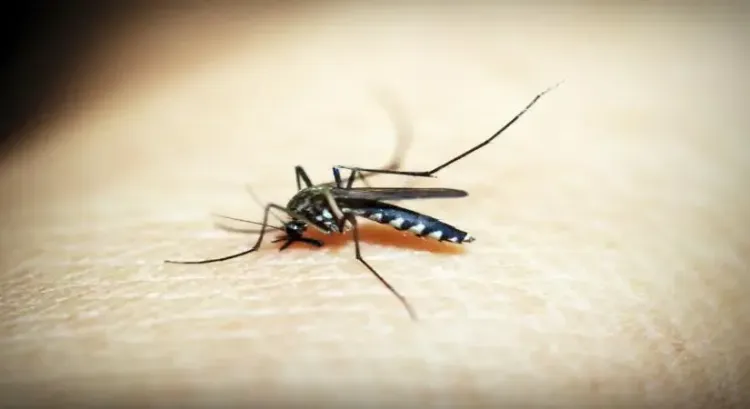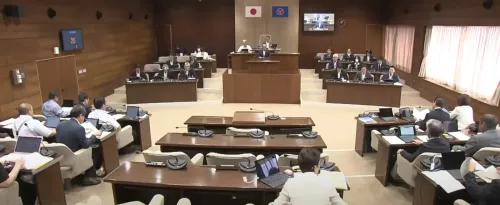Is There a Rise in Dengue Fever Cases in Hanoi?

Synopsis
Key Takeaways
- Hanoi is facing a surge in dengue fever cases.
- 258 new cases were reported between September 12 and 19.
- Health authorities have identified multiple outbreak clusters.
- Insect indices remain high, indicating ongoing risk.
- Public awareness and early detection are critical.
Hanoi, Sep 23 (NationPress) The capital of Vietnam, Hanoi, has witnessed a significant increase in dengue fever cases, with 258 new infections reported between September 12 and September 19. This marks an increase from 190 cases in the prior week, according to local news outlets.
The Hanoi Centre for Disease Control has identified 19 new outbreak clusters, raising the total number of active hotspots to 33.
Since the start of 2025, Hanoi has documented 1,884 dengue fever cases, reflecting a 42% decrease compared to the same timeframe in 2024, as reported by Xinhua and quoted by the Vietnam News Agency.
Health officials have issued warnings that insect indices at outbreak locations remain at elevated risk levels and anticipate a continued rise in infections in accordance with the annual epidemic cycle.
Local health facilities have been directed to enhance early detection and ensure prompt responses to newly arising cases, particularly in high-risk communities, the report highlighted.
As stated by the World Health Organization, dengue is a viral infection transmitted from mosquitoes to humans. It is more prevalent in tropical and subtropical regions than in temperate zones.
Many individuals infected with dengue do not exhibit symptoms. For those who do, common symptoms include high fever, headache, muscle pain, nausea, and rash. Most recover within one to two weeks, though some may develop severe dengue requiring hospitalization.
In critical situations, dengue can be life-threatening.
To reduce the risk of dengue, it's essential to avoid mosquito bites, especially during daytime.
Currently, treatment focuses on pain management, as there is no specific cure available.
Globally, the incidence of dengue has surged dramatically in recent decades, with WHO reporting an increase in cases from 505,430 in 2000 to 14.6 million in 2024. The majority of cases are either asymptomatic or mild and can be managed at home, leading to an under-reporting of actual dengue cases. The disease is now endemic in over 100 countries.









